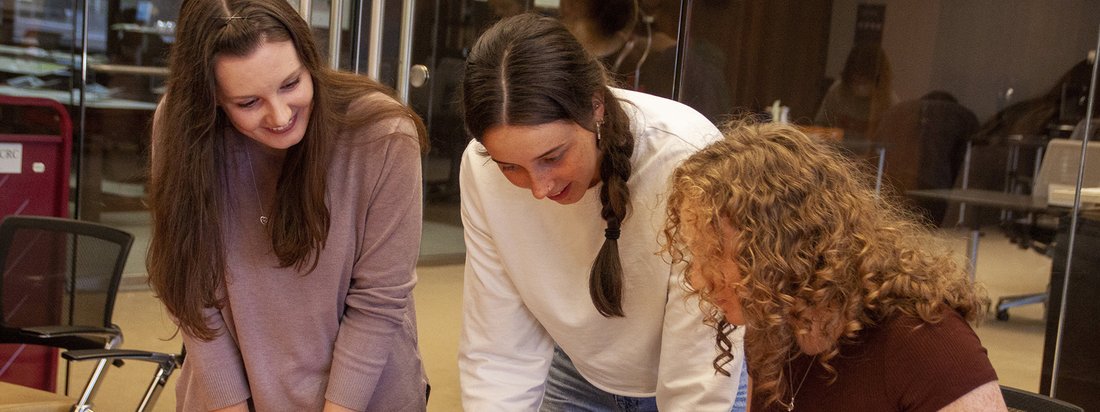
College of Arts and Sciences
Curriculum
Although music history and cultures majors are encouraged to develop performance skills, the focus of the degree is on the study of musical cultures and styles in a liberal arts environment.
- Explain the diverse functions and cultural meanings that music has had in both Western and non-Western societies.
- Distinguish among stylistic differences in music of different eras and from different cultures.
- Explain historical changes in music of different eras and from different cultures.
- Apply central issues and methods of scholarship in our fields.
- Express ideas clearly through writing.
- Demonstrate proficiency in musical skills.
- Demonstrate proficiency in musical performance.
Extracurricular Opportunities
Music and Culture Living Learning Community
Open to first-year undergraduate students with preference given to Music History and Cultures majors, the Music and Culture Living Learning Community enables students to live and learn alongside other students who share their passion for music. Members can connect with faculty and staff in order to develop skills sufficient to participate and collaborate in music performance and analysis. Members also attend music performances and participate in community service together.
A Cappella Council at SU
The A Cappella Council at Syracuse University is made up of representatives from each a cappella group on campus, including Groovestand, Orange Appeal, The Mandarins, Otto Tunes, Oy Cappella and Main Squeeze. Members work together to promote and strengthen the collaborative efforts of the Syracuse University a cappella community. All a cappella ensembles are entirely student-run and directed, performing with voice and optional vocal percussion.

Syracuse Abroad
Syracuse Abroad features more than 100 programs in 60 countries. You can choose semester, summer, short term, and yearlong options for international study. Music history and cultures majors most often go abroad to Syracuse University centers in Florence, Italy, and London, England.
Learn more about this program

